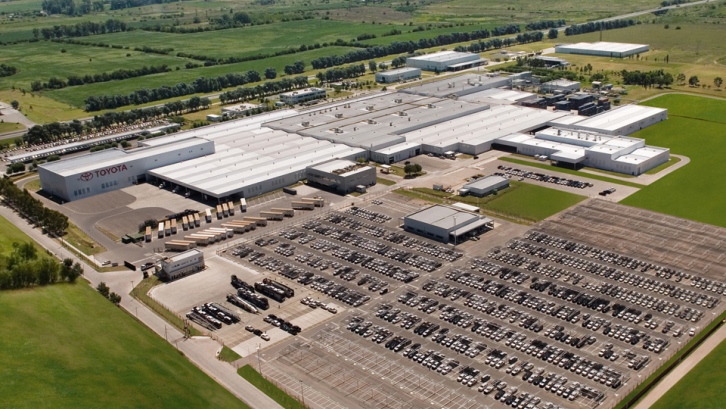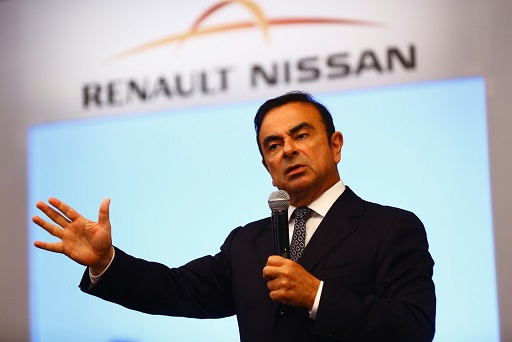Now Reading: Argentina government plans labor agreement with auto industry, unions
-
01
Argentina government plans labor agreement with auto industry, unions
Argentina government plans labor agreement with auto industry, unions

Argentina’s government prepares to sign by the end of March an agreement with the vehicle sector and unions to reduce labor costs, enhance productivity and bring investment, an executive and a government source informed Reuters.
The agreement belongs to center-right President Mauricio Macri’s wider labor reform effort as he aims to attract investment and pull Latin America’s third biggest economy out of economic crisis.
In the car sector, which mostly serves to export cars to Brazil, the goal is to decrease the number of working days staff members avoid. Currently employers are helpless when up to 10 percent of their personnel regularly does not show up.
“We are really advanced,” a source from the production ministry informed Reuters of the agreement on condition of privacy to go over continuing settlements.
Argentina hopes the sector, struck by an extended recession in Brazil in recent years, can double actual production by 2023 to 1 million automobiles annually. Brazil purchases about 70 percent of Argentine-made cars.
“We are seeing exactly what actions we can take to fulfill our goal and enhance productivity,” stated Daniel Afione, general manager of corporate affairs at Argentina unit of Toyota, who took part in the negotiations. He said he anticipated an agreement in February or March.
Toyota Motor, which over the last few years invested over $800 million in a plant in Buenos Aires province, was able to decrease absence through dialogue with unions and with an incentive system, Afione stated.
The government source stated the arrangement would bring some $5 billion of investment to the sector in the next 2 years, consisting of investment $800 million already revealed by Renault and Nissan.
Stay Informed With the Latest & Most Important News
Previous Post
Next Post
-
 01Polestar Boss Says It’s Time To Outrun BMW M And Mercedes-AMG
01Polestar Boss Says It’s Time To Outrun BMW M And Mercedes-AMG -
 02Spy Shots: 2027 Mitsubishi Pajero Spotted in Testing Ahead of Possible U.S. Return
02Spy Shots: 2027 Mitsubishi Pajero Spotted in Testing Ahead of Possible U.S. Return -
 032026 Toyota Hilux EV: A Powerful Truck with Silent Torque
032026 Toyota Hilux EV: A Powerful Truck with Silent Torque -
![2027 Mercedes-Benz S-Class Debuts with V8 Engine [Photo Gallery]](https://speedlux.com/wp-content/uploads/2026/01/2027-Mercedes-Benz-S-Class-33-155x125.jpg) 042027 Mercedes-Benz S-Class Debuts with V8 Engine [Photo Gallery]
042027 Mercedes-Benz S-Class Debuts with V8 Engine [Photo Gallery] -
 052026 Corvette ZR1 Production Surges Past Expectations as Output Clears 1,000 Units
052026 Corvette ZR1 Production Surges Past Expectations as Output Clears 1,000 Units -
 06Spy Photos: VW ID. Polo GTI Goes Electric with 223 HP and 280 Miles of Range
06Spy Photos: VW ID. Polo GTI Goes Electric with 223 HP and 280 Miles of Range -
 07Hyundai Palisade’s Breakout Year Shows How Quickly the Market Can Turn
07Hyundai Palisade’s Breakout Year Shows How Quickly the Market Can Turn



![2027 Mercedes-Benz S-Class Debuts with V8 Engine [Photo Gallery]](https://speedlux.com/wp-content/uploads/2026/01/2027-Mercedes-Benz-S-Class-33-700x394.jpg)









































